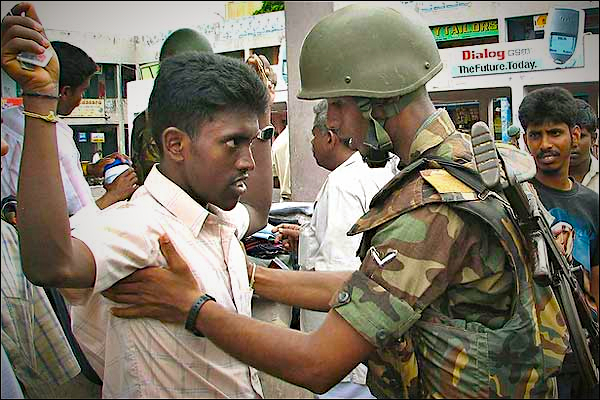5 Sep, 2011
===============================================

05 September, 2011
g
 groundviewsjournalism Forcitizens
groundviewsjournalism Forcitizens
Photo courtesy JDS
The decision of the Sri Lankan government to lift the Emergency Regulations (ER) is received in good faith by many. For example, the International Community has expressed its pleasure and satisfaction. The Indian minister of external affairs, S.M. Krishna welcomed the move as an “effective step leading to genuine national reconciliation in the country” (The Hindu, August 27, 2011). At the same time, it has also generated a suspicion whether the act of repeal is merely an attempt “to generate good publicity for the government on the eve of the meeting of the United Nations Human Rights Council in Geneva next month” (The Telegraph, Calcutta, August 30, 2011). This sense of uncertainty and doubt has being substantiated by the introduction of new regulations which would provide the basis for the operation of Prevention of Terrorism Act (PTA), High Security Zones (HSZs) and prosecution of LTTE cadres etc. In addition, militarisation of the society, internalisation of emergency rules within the institutions responsible for law and order and the systemic issues which encourage authoritarian practices of politics other than the prevalence of PTA and Public Security Ordinance (PSO) have resulted in a permanent state of emergency.
Continue reading »===============================================
President shown photos of shelling civilians

g



